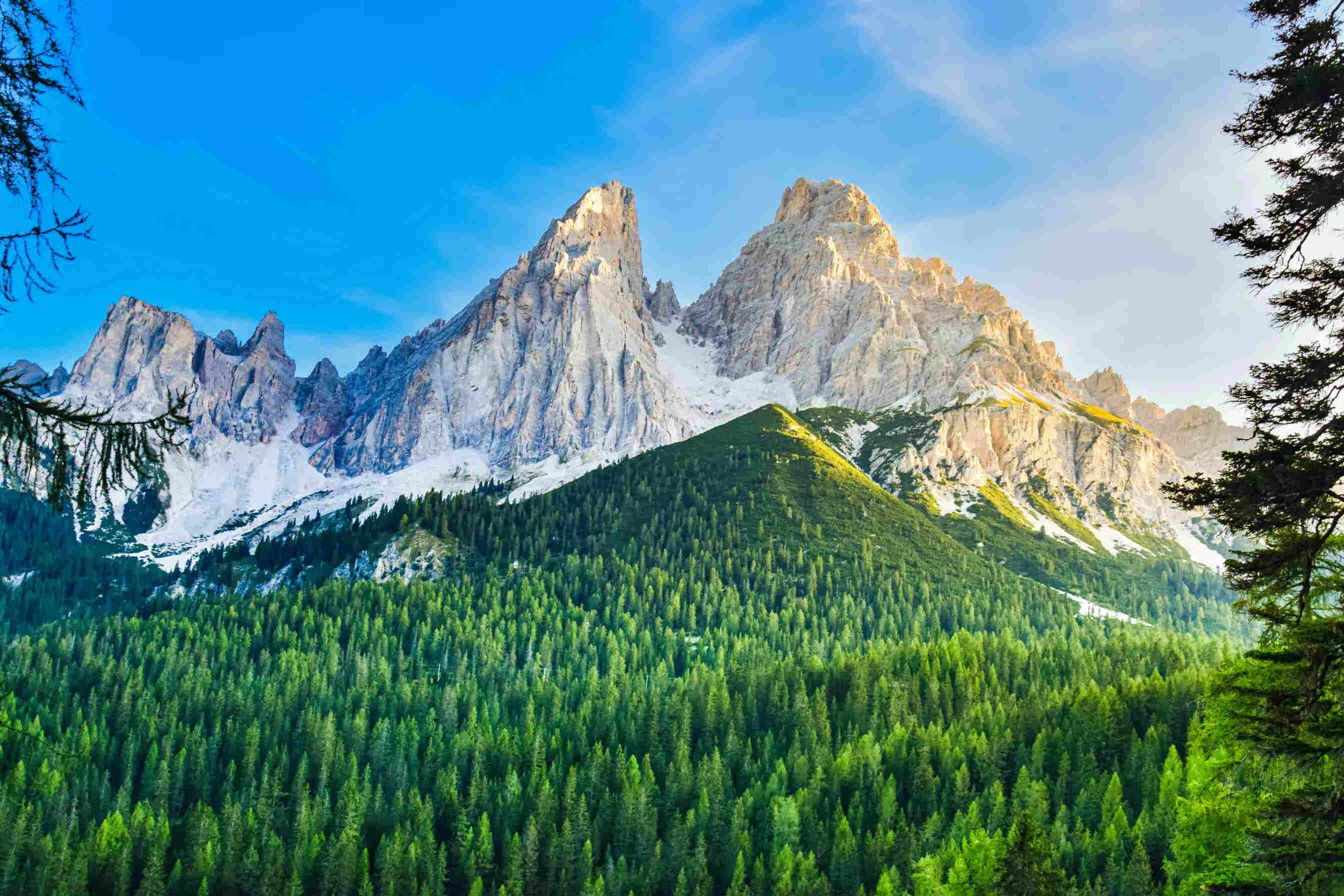
What makes ecosystems so diverse? Ecosystems are like nature's jigsaw puzzles, each piece fitting together to create a vibrant, living picture. Biodiversity is the key. It includes all living things, from the tiniest bacteria to the largest whales. Different climates, landscapes, and water sources shape these ecosystems. Plants and animals adapt to their surroundings, creating unique communities. Rainforests, for example, teem with life due to their warm, wet climate. Deserts support specially adapted creatures that thrive in extreme heat. Oceans host a vast array of marine life, from coral reefs to deep-sea trenches. Each ecosystem is a masterpiece of survival and adaptation, showcasing the incredible variety of life on Earth.
Rainforests: The Lungs of the Earth
Rainforests are some of the most vibrant and diverse ecosystems on the planet. They play a crucial role in maintaining the Earth's climate and supporting countless species.
- Rainforests produce around 20% of the world's oxygen, earning them the nickname "lungs of the Earth."
- They cover less than 6% of Earth's surface but house more than half of the world's plant and animal species.
- The Amazon Rainforest alone is home to over 400 billion individual trees.
- Rainforests help regulate global temperatures by absorbing carbon dioxide.
- Many modern medicines are derived from rainforest plants, including treatments for cancer and malaria.
Oceans: The Mysterious Deep
Oceans cover more than 70% of the Earth's surface and are vital to life on our planet. They are home to a vast array of species and play a key role in regulating the climate.
- Oceans produce over half of the world's oxygen through marine plants like phytoplankton.
- The Great Barrier Reef, the largest coral reef system, can be seen from space.
- More than 80% of the ocean remains unexplored and unmapped.
- Oceans absorb about 30% of human-produced carbon dioxide, helping to mitigate climate change.
- The Mariana Trench is the deepest part of the ocean, reaching depths of over 36,000 feet.
Deserts: The Arid Wonders
Deserts may seem barren, but they are teeming with life adapted to extreme conditions. These ecosystems are characterized by low rainfall and extreme temperatures.
- Deserts cover about one-third of the Earth's land surface.
- The Sahara Desert is the largest hot desert, spanning 3.6 million square miles.
- Some desert plants, like cacti, can store water for months to survive droughts.
- The Atacama Desert in Chile is the driest place on Earth, with some areas receiving no rainfall for decades.
- Many desert animals are nocturnal, avoiding the scorching daytime heat.
Grasslands: The Breadbaskets of the World
Grasslands are vast open spaces dominated by grasses rather than trees. They are crucial for agriculture and support a wide variety of wildlife.
- Grasslands make up about 25% of the Earth's land area.
- The North American prairies once supported millions of bison.
- Grasslands are home to some of the fastest animals on Earth, like cheetahs and pronghorns.
- These ecosystems are vital for food production, providing grains like wheat and corn.
- Grasslands help prevent soil erosion and maintain soil fertility.
Wetlands: The Natural Filters
Wetlands are areas where water covers the soil or is present near the surface. They are incredibly productive ecosystems that provide numerous ecological benefits.
- Wetlands act as natural water filters, trapping pollutants and improving water quality.
- They provide critical habitat for many species, including migratory birds.
- Wetlands store carbon, helping to mitigate climate change.
- Mangrove forests, a type of wetland, protect coastlines from storm surges and erosion.
- Wetlands support a diverse range of plant and animal life, including many endangered species.
Nature's Wonders Await
Ecosystems are full of surprises. From the vast Amazon Rainforest to the mysterious deep ocean, each one holds unique secrets. These environments support countless species, many still undiscovered. Biodiversity is crucial for a healthy planet. It provides resources like food, medicine, and clean air. Human activities, though, threaten these delicate balances. Deforestation, pollution, and climate change are major concerns. Protecting these ecosystems is vital. Simple actions like reducing waste, supporting conservation efforts, and spreading awareness can make a difference. Every small step helps preserve these natural wonders for future generations. So, next time you explore a forest, dive into the ocean, or even walk in a park, remember the incredible diversity that surrounds you. Nature's wonders are waiting to be discovered and protected. Let's cherish and safeguard them.
Was this page helpful?
Our commitment to delivering trustworthy and engaging content is at the heart of what we do. Each fact on our site is contributed by real users like you, bringing a wealth of diverse insights and information. To ensure the highest standards of accuracy and reliability, our dedicated editors meticulously review each submission. This process guarantees that the facts we share are not only fascinating but also credible. Trust in our commitment to quality and authenticity as you explore and learn with us.


